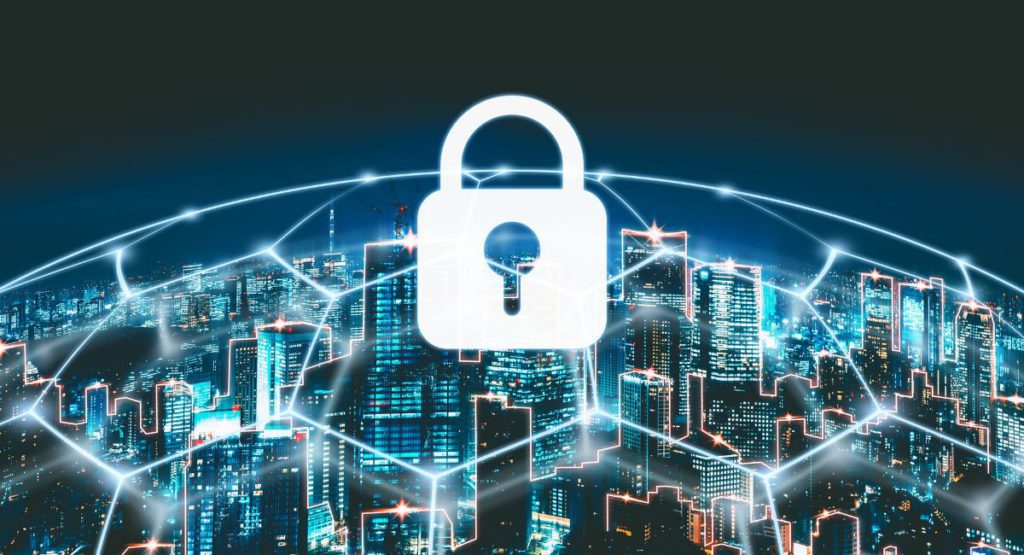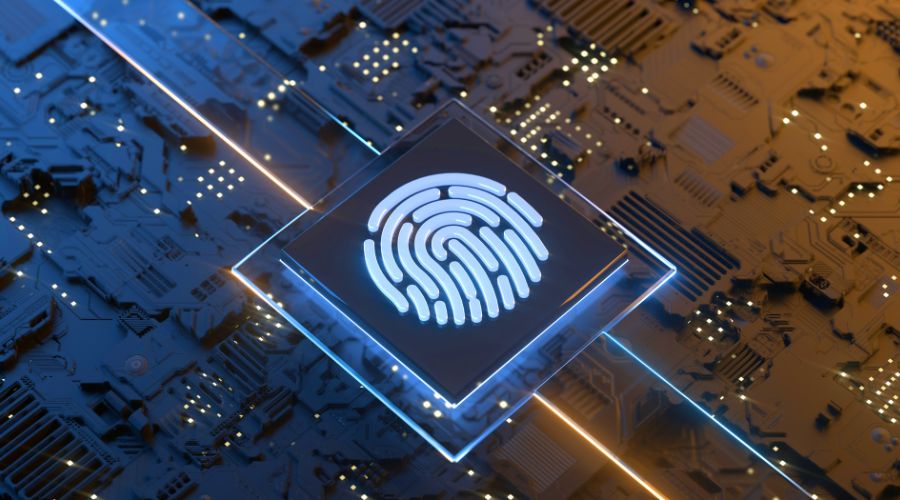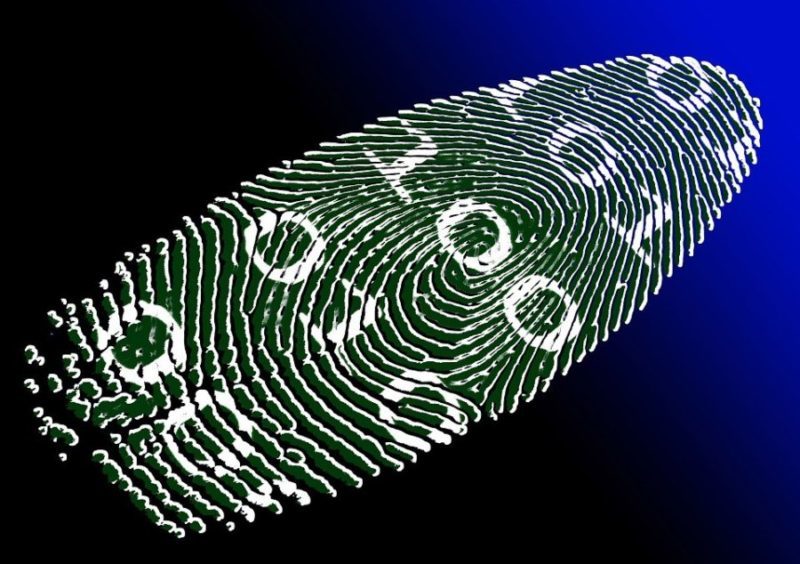
While decentralized digital identities hold immense promise for enhancing user control, security, and interoperability within the metaverse, they also confront a range of challenges that require thoughtful consideration. Addressing these challenges is essential to realizing the full potential of decentralized identities. Here, we explore the key hurdles and considerations associated with the implementation of decentralized digital identities.
1. User Onboarding Processes:
- Challenge: Streamlining user onboarding processes across various metaverse platforms poses a significant challenge. Ensuring a seamless and user-friendly experience while establishing a decentralized digital identity requires overcoming technical complexities and providing clear guidance for users unfamiliar with blockchain technology.
- Consideration: The development of standardized onboarding procedures and user-friendly interfaces is crucial. Educating users about the benefits of decentralized digital identities and providing accessible resources can contribute to a smoother onboarding experience.
2. Integration with Existing Systems:
- Challenge: Integrating decentralized identity solutions with existing systems, especially those built on centralized frameworks, can be intricate. Legacy systems may lack compatibility with blockchain-based identity protocols, requiring careful consideration to ensure a smooth transition.
- Consideration: Developing adaptable integration frameworks and protocols that facilitate the seamless incorporation of decentralized identities into existing systems is imperative. Collaborative efforts between decentralized identity solution providers and traditional systems can bridge compatibility gaps.
3. Regulatory Compliance:
- Challenge: The regulatory landscape surrounding digital identities is evolving, and ensuring compliance with varying regulations poses a complex challenge. Different jurisdictions may have divergent requirements, necessitating a nuanced approach to regulatory compliance.
- Consideration: Collaboration between decentralized identity projects and regulatory bodies is essential. Establishing standards that align with regulatory frameworks and conducting ongoing compliance assessments can help navigate the complex legal landscape.
4. Privacy vs. Identity Verification:
- Challenge: Striking a delicate balance between preserving user privacy and facilitating effective identity verification is an ongoing challenge. Users demand privacy safeguards, but certain applications may require a level of identity verification to ensure trust and security.
- Consideration: Implementing privacy-centric technologies, such as zero-knowledge proofs, and allowing users to selectively disclose information in a controlled manner can help strike a balance between privacy and identity verification. Offering configurable privacy settings empowers users to manage their digital personas according to their comfort levels.
5. Ensuring Inclusivity:
- Challenge: Decentralized digital identities must cater to diverse user demographics, including those with limited technological proficiency, to ensure inclusivity. Excluding any segment of the population due to technical barriers or complexity hampers the widespread adoption of decentralized identity solutions.
- Consideration: Designing decentralized identity systems with a user-centric approach is crucial. This involves creating intuitive interfaces, providing educational resources, and offering support for users with varying levels of technical expertise. Accessibility considerations should be integrated into the development process.
6. Addressing Identity Spoofing Risks:
- Challenge: Identity spoofing, where malicious actors attempt to impersonate legitimate users, is a significant risk in decentralized digital identity systems. Detecting and preventing identity spoofing while preserving user autonomy poses a complex challenge.
- Consideration: Implementing robust identity verification mechanisms, multi-factor authentication, and continuous monitoring are essential measures to mitigate identity spoofing risks. Leveraging advanced technologies like biometrics can enhance the security of decentralized digital identities.
7. Educating Users and Promoting Adoption:
- Challenge: User adoption depends on a clear understanding of the benefits and functionalities of decentralized digital identities. Lack of awareness and education may impede widespread adoption.
- Consideration: Education campaigns, user-friendly documentation, and collaborations with educational institutions can contribute to raising awareness about the advantages of decentralized digital identities. Fostering a culture of digital literacy is key to encouraging broader adoption.
8. Ensuring Data Portability:
- Challenge: Users must have the ability to seamlessly transfer their decentralized digital identities across various metaverse platforms. Achieving data portability without compromising security and privacy is a complex challenge.
- Consideration: Standardizing protocols for data portability and interoperability is essential. Creating open standards that enable users to export and import their decentralized identities securely ensures a fluid experience across different virtual environments.
Also, read- The Role Of A Web3 Virtual Assistant In Generating Revenue In The Metaverse World
The Road Ahead:

As decentralized digital identities establish themselves as pivotal components within the metaverse, the trajectory ahead holds the promise of further evolution and integration. The transformative landscape of decentralized digital identities is set to undergo dynamic changes, shaped by ongoing collaboration, advancements in identity verification mechanisms, and the seamless integration of decentralized identity solutions into mainstream metaverse platforms. Here, we explore the key factors that will define the road ahead for decentralized digital identities.
1. Continued Collaboration Between Industry Stakeholders:
- Collaboration Dynamics: The maturation of decentralized digital identities hinges on the collaborative efforts of industry stakeholders. Developers, blockchain projects, regulatory bodies, and technology innovators must continue to collaborate to establish standardized frameworks, protocols, and interoperability standards.
- Interdisciplinary Partnerships: Cross-industry collaborations that bring together expertise from blockchain technology, cybersecurity, user experience design, and regulatory compliance will be instrumental. Building interdisciplinary partnerships ensures a holistic approach to the development and implementation of decentralized identity solutions.
2. Advancements in Identity Verification Mechanisms:
- Technological Innovations: Advancements in identity verification mechanisms will play a pivotal role in enhancing the security and usability of decentralized digital identities. Integrating cutting-edge technologies such as biometrics, artificial intelligence, and machine learning will contribute to robust and adaptive verification processes.
- Zero-Knowledge Proofs and Privacy-Preserving Technologies: The development and adoption of privacy-preserving technologies, including zero-knowledge proofs, will be essential. These technologies enable users to prove the authenticity of their identity without revealing unnecessary details, addressing the delicate balance between privacy and identity verification.
3. Integration into Mainstream Metaverse Platforms:
- Seamless User Experience: The successful integration of decentralized identity solutions into mainstream metaverse platforms is crucial for user adoption. Streamlining the user experience, ensuring compatibility with existing metaverse ecosystems, and providing easy onboarding processes will be paramount.
- API Standards and Interoperability: Establishing API standards and interoperability protocols will facilitate the integration process. Metaverse platforms that embrace these standards can seamlessly incorporate decentralized digital identities, allowing users to carry their digital personas across diverse virtual environments.
4. Regulatory Frameworks and Compliance:
- Regulatory Engagement: Continued engagement with regulatory bodies to shape supportive frameworks for decentralized digital identities is essential. Regulatory clarity will provide a foundation for developers and organizations to navigate compliance requirements while fostering innovation.
- Global Standards: The establishment of global standards for decentralized identities, with consideration for regional variations, will contribute to a more harmonized regulatory environment. Standardized approaches ensure a consistent and predictable landscape for decentralized identity solutions.
5. User Education and Empowerment:
- Digital Literacy Initiatives: Educating users about the benefits, functionalities, and security measures associated with decentralized digital identities is an ongoing imperative. Digital literacy initiatives, educational campaigns, and user-friendly documentation will empower individuals to make informed choices about their virtual identities.
- User-Centric Design: User-centric design principles will be crucial in creating interfaces and experiences that resonate with a diverse user base. Ensuring that decentralized identity solutions are intuitive, accessible, and cater to users with varying levels of technical expertise will drive broader adoption.
6. Global Accessibility and Inclusivity:
- Technological Accessibility: The road ahead involves addressing barriers to technological accessibility. Efforts should focus on making decentralized identity solutions accessible to users across different devices, network conditions, and regions, fostering inclusivity.
- Cultural Sensitivity: Acknowledging and respecting cultural nuances and diversity in identity practices is essential. Decentralized identity solutions should be designed with cultural sensitivity to ensure that they resonate with users from various backgrounds.
7. Decentralized Identity as a Fundamental Metaverse Infrastructure:
- Infrastructure Integration: Decentralized digital identities are poised to become fundamental infrastructure components within the metaverse. As the metaverse evolves, the integration of decentralized identity solutions will extend beyond individual platforms to form a foundational layer for secure and interoperable virtual interactions.
- Distributed Trust Ecosystem: The widespread adoption of decentralized identity solutions will contribute to the development of a distributed trust ecosystem. Users can engage in virtual interactions with confidence, knowing that their digital identities are secure, private, and under their control.
8. Technological Resilience and Innovation:
- Resilience to Emerging Challenges: Anticipating and addressing emerging challenges, such as technological vulnerabilities and evolving threat landscapes, will be an ongoing effort. Technological resilience ensures that decentralized identity solutions remain robust and adaptive in the face of new challenges.
- Continuous Innovation: The road ahead involves continuous innovation in decentralized identity technologies. Research and development efforts should focus on enhancing security features, expanding use cases, and integrating emerging technologies to stay at the forefront of the evolving metaverse landscape.
Conclusion:
Decentralized digital identities stand as linchpins in the unfolding narrative of the metaverse, offering users newfound agency, security, and interoperability. As the metaverse continues to expand, fueled by technological innovation and user engagement, decentralized digital identities will shape the virtual landscapes, underpinning a future where individuals navigate seamlessly across immersive digital realms with confidence and control. The journey towards a fully realized metaverse is intertwined with the evolution of decentralized digital identities, marking a paradigm shift in the way we conceive, establish, and safeguard our virtual presence.
FAQs about Decentralized digital identities
Q: What is a decentralized ID method?
A: A decentralized ID method, often referred to as Decentralized Identity (DID), is a system where individuals have control over their digital identity without relying on a central authority. It typically involves the use of blockchain or distributed ledger technology to secure and manage identity information.
Q: What are the benefits of Decentralised identity?
A: The benefits of Decentralized Identity include enhanced privacy and security, reduced risk of identity theft, user control over personal information, interoperability across different platforms, and the potential for improved efficiency in identity verification processes.
Q: What is Decentralised vs Centralised identity?
A: Decentralized identity allows individuals to have control over their own identity data, stored on a distributed ledger, without relying on a central authority. In contrast, centralized identity systems store and manage identity information in a single, central database controlled by an organization or government. Decentralized identity offers increased privacy and user control.
Q: Why decentralization is the future of digital identities?
A: Decentralization is considered the future of digital identities because it addresses concerns related to privacy, security, and user control. Decentralized identity systems reduce the risk of large-scale data breaches, give individuals more control over their personal information, and enhance security through distributed ledger technologies like blockchain. This shift towards decentralization aligns with the growing emphasis on user empowerment and data protection in the digital age.

 Bitcoin
Bitcoin  Ethereum
Ethereum  XRP
XRP  Tether
Tether  Solana
Solana  USDC
USDC  Dogecoin
Dogecoin  Cardano
Cardano  Lido Staked Ether
Lido Staked Ether  TRON
TRON  Wrapped Bitcoin
Wrapped Bitcoin  Chainlink
Chainlink  Wrapped stETH
Wrapped stETH  Sui
Sui  Avalanche
Avalanche  Stellar
Stellar  Hedera
Hedera  Toncoin
Toncoin  Shiba Inu
Shiba Inu  Hyperliquid
Hyperliquid  LEO Token
LEO Token  Litecoin
Litecoin  Bitget Token
Bitget Token  WETH
WETH  USDS
USDS  Polkadot
Polkadot  Bitcoin Cash
Bitcoin Cash  Ethena USDe
Ethena USDe  Wrapped eETH
Wrapped eETH  Uniswap
Uniswap  MANTRA
MANTRA  Ondo
Ondo  Pepe
Pepe  Monero
Monero  Aave
Aave  Official Trump
Official Trump  NEAR Protocol
NEAR Protocol  WhiteBIT Coin
WhiteBIT Coin  Mantle
Mantle  Aptos
Aptos  Dai
Dai  Internet Computer
Internet Computer  Ethereum Classic
Ethereum Classic  Bittensor
Bittensor  Cronos
Cronos  OKB
OKB  POL (ex-MATIC)
POL (ex-MATIC)  Gate
Gate 







